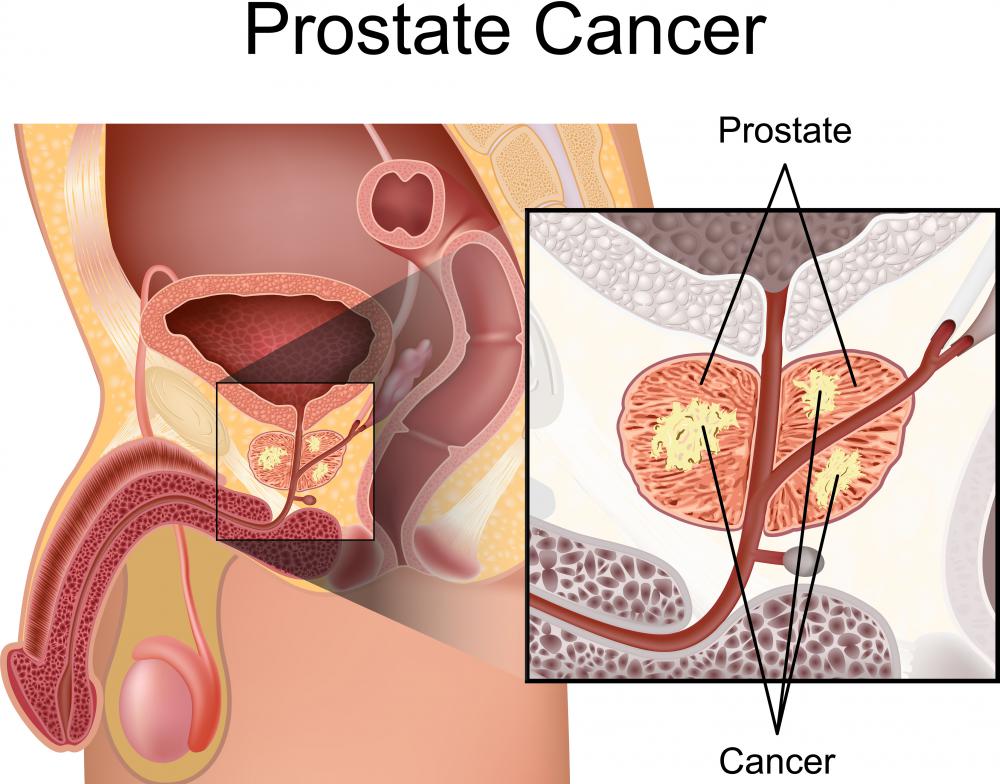At WiseGEEK, we're committed to delivering accurate, trustworthy information. Our expert-authored content is rigorously fact-checked and sourced from credible authorities. Discover how we uphold the highest standards in providing you with reliable knowledge.
What is Adjuvant Hormone Therapy?
Adjuvant hormone therapy is the administration of hormone medications after primary treatment of certain kinds of cancer to try to prevent the cancer from returning. The return of cancer after treatment is called a relapse. Adjuvant cancer treatment might follow surgery to remove a tumor or an entire organ to treat the cancer. The term “adjuvant” refers specifically to the risk of a cancer relapse, as opposed to known remaining diseases.
This type of therapy is often used in patients who have been treated for breast cancer or prostate cancer. Patients who have breast or prostate cancer often opt to undergo surgery to have the tumor removed. This is because the alternatives to surgery can be more difficult to treat or have side effects that are more difficult to live with than the recovery from surgery. In breast cancer treatment, this surgery might consist of removal of the tumor alone, a procedure called a lumpectomy; or removal of the entire breast, a procedure called a mastectomy. In prostate cancer treatment, the patient might undergo removal of the entire prostate, a prostatectomy; or removal of the testicles, or orchiectomy.

It is not always known whether the surgery has actually cured the cancer. It might be that there was some cancer left behind that is occult, or not seen. Treating practitioners might also ask the patient to undergo adjuvant hormone therapy if there is a risk that the cancer might come back or in case there is still some occult cancer remaining.
In breast cancer treatment, adjuvant hormone therapy might consist of a five-year course of the drugs tamoxifen and exemestane. These medications are designed to block the production and the effect of the hormone estrogen. It is thought that estrogen plays a role in the onset of breast cancer because it helps to cause the cells in the breasts to divide, and cancer by definition involves abnormal cell division.

In prostate cancer treatment, adjuvant therapy involves taking a type of medication called a luteinizing hormone-releasing hormone analog (LHRH). Examples of this type of drug are goserelin and leuprolide. LHRH analogs block the production and effects of testosterone, which is thought to stimulate prostate cancer cells to keep dividing, causing the cancer to continue to spread. Even after prostatectomy or orchiectomy, the adrenal gland continues to produce some testosterone. Therefore, even men who appear to be free of cancer might benefit from this form of adjuvant hormone therapy, especially if there is a risk that the cancer has spread to the bones, which can be very painful.
AS FEATURED ON:
AS FEATURED ON:












Discuss this Article
Post your comments